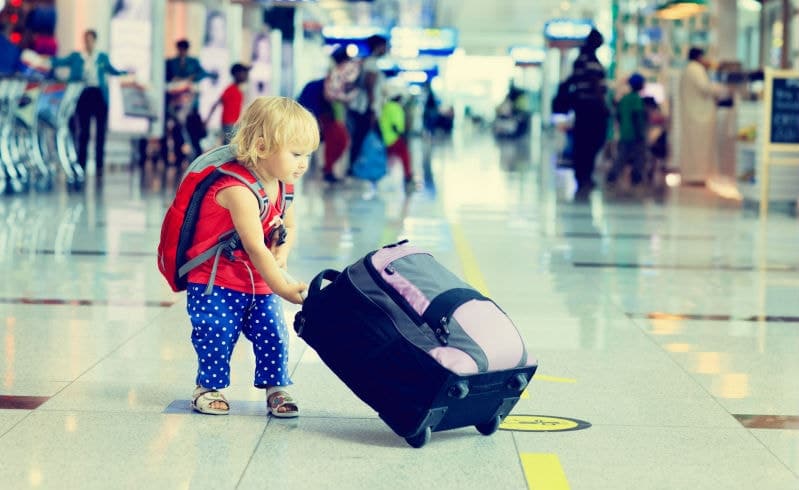On Thursday 23 June Britain voted to leave the European Union. The implications of this decision are far-reaching and there is a lot that still needs to be worked through. As the dust settles on the dramatic vote, Sophie Butler explains what the decision to leave means for our family holidays.
What does Brexit mean for family holidays?
The Brexiteers’ view is that Britain will prosper and we’ll all be able to afford great holidays, so let’s hope their predictions come true. However, there’s also a risk that the economic situation will create more anxiety about our jobs, savings and economic security which will make us think even more carefully about the holidays we book.
It’s already clear that the falling pound will affect this summer’s travelling but, in the longer term, the way we are financially and medically protected may also be weakened. Here are five key areas where holidaying families are likely to be affected by the decision to leave:
The cost of holidays
The Brexit win had an immediate impact on the value of the pound, which fell steeply when the result was announced. This drop will have a two-fold effect. It means that travel (coaches, planes and ferries) will be more expensive for operators because fuel is bought in US dollars so these extra costs will be passed on to us in higher fares. And of course it also means that everything we pay for on our overseas holidays will be more expensive whether it’s food, drink, souvenirs or accommodation. This summer, it’s clear that we’ll need to keep an even tighter eye on our family holiday spending.

Brexit could make it harder to claim compensation on delayed flights
Compensation for delayed or cancelled flights
Currently we are entitled to high compensation levels for delayed or cancelled airlines which fly in and out of EU countries. Because of an EU directive, we are not only allowed to claim money but also food, drink and overnight accommodation near the airport, depending on how long our wait turns out to be. Whether these compensation levels are lowered when delays affect our family holidays remains to be seen but it could become harder to make claims once we’ve left the EU.
Reciprocal health agreements in Europe
A similar question mark hangs over the future of the EHIC (European Health Insurance Card) which allows us to free or reduced-cost medical treatment in other EU countries. Currently, we still need travel insurance but, by carrying this free card, we can reduce costs because the insurer will usually waive the excess payment on a claim.
Package holiday protection
If we book our family package holiday with a company which goes bust before we leave home our money is protected – and if we are already abroad we can expect to looked after and be brought home safely. This is due to an EU directive which gives protection to holidaymakers and is enshrined in UK law. So while it’s unlikely this protection will be removed, it’s also unlikely that the new enhanced EU package directive which is scheduled to come into effect by 2018 will now apply to British holidaymakers.

Mobile phone roaming charges may add to the cost of our holidays now Britain has voted to leave the EU
Mobile phone charges
Perhaps the issue that our teenagers will take most seriously is the possibility that the costs of using a phone abroad may not reduce as currently planned. Under EU rules, roaming charges are due to be scrapped in June 2017 but the UK government is no longer obliged to go ahead with this decision. For parents, this means that monitoring our children’s phone use while on holiday may continue to be a tedious, but necessary, chore that we could all well do without – especially when trying to enjoy a relaxing holiday.
Britain is still reeling from the EU referendum result and there are many issues that need to be worked through in the coming months and years. It is still very early days, so try not to panic. Family Traveller will bring you the latest news on what Brexit means for your family holidays, as it happens.

